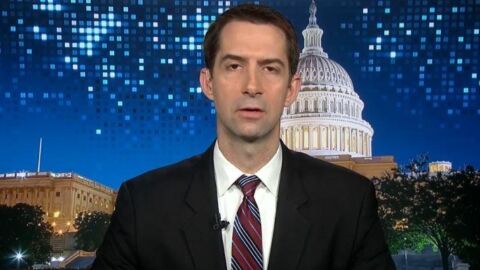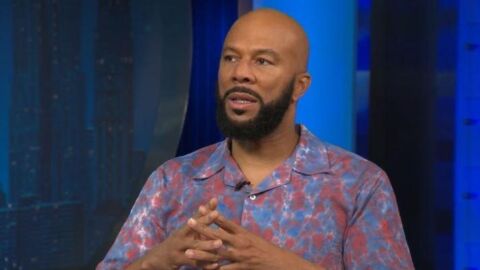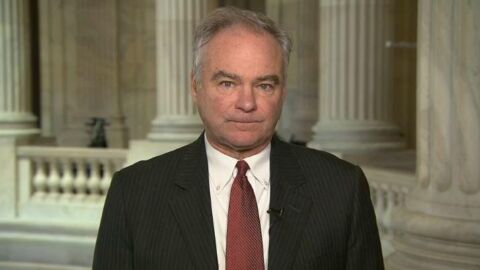Read Transcript EXPAND
SENATOR TOM COTTON: The Islamic Republic of Iran has been in a face-off with the United States for 40 years now. And, Christiane, you were around to report probably in the 1980s and the last two years of the Reagan administration when that conflict turned hot in the so-called Tanker Wars in the Persian Gulf.
When I served in Iraq, one of the most deadly weapons that we faced were roadside bombs that were manufactured in Iran and then smuggled into Iraq, more than 500 American soldiers were killed at the hands of those Iranian bombs. And now, we have seen credible indications that Iran may be planning to strike either through its own forces or through its proxy forces in the region against the United States personnel or our allies in the region.
That’s one reason why Secretary of State Pompeo withdrew nonessential personnel from Iraq earlier today. It’s one reason why the president has deployed that enhanced military presence. A carrier strike group, more bombers, the patriot anti-missile defense system. We don’t want a military conflict with Iran. We want Iran to change its behavior and rejoin the civilized world. But there should be no mistake that if Iran provokes the United States with an attack, we will strike back ferociously.
CHRISTIANE AMANPOUR: Can I just go through this step by step? As you know, you have talked about intelligence that shows that Iran is stepping up its threat, but the deputy commander in the anti-ISIS fight based in Iraq, a British major general, has said that there, they haven’t seen any step-up of threat by Iran or its proxies in that area. This is what he said.
(BEGIN VIDEO CLIP)
MAJOR GEN. CHRIS GHIKA, DEPUTY COMMAND, U.S.-LED ANTI-ISIS COALITION: There’s been no increased threat from Iranian backed forces in Iraq and Syria. We’re aware of their presence, clearly, and we monitor them along with a whole range of others because that’s the environment we’re in. But as I say, we see no — we have no part of Iran in our mission. We are monitoring the Shia militia groups, I think you’re referring to, carefully. And if the threat level proceeds to go up, then we’ll raise our force protection measures accordingly.
(END VIDEO CLIP)
AMANPOUR: What is your reaction to that, Senator? And I just wonder whether — I mean, look, you of all people are well placed to know what happens when intelligence is not as solid as the administration might complain — might suggest. For instance, what happened in Iraq, we all know what happened there and you were deployed there. Are you concerned that the intelligence that we’re now being told exists may not be as solid as they think it is?
COTTON: Well, I think it’s always right, Christiane, for civilian leaders to probe the intelligence they receive from our intelligence professionals. But I have to say, the intelligence that we’ve seen on the Senate Intelligence Committee does show a heightened threat throughout the region, whether it’s the Iranian Revolutionary Guard Corps and the Quds Force, which we rightly designate as a foreign terrorist organization just a couple weeks ago, or the proxy forces like the Shia paramilitary forces in Iraq or the Houthi rebels in Yemen.
About This Episode EXPAND
Christiane Amanpour speaks with Sen. Tom Cotton and Sen. Tim Kaine about the White House’s rhetoric against Iran. Alicia Menendez speaks with Common about his new memoir, “Let Love Have the Last Word.”
LEARN MORE


